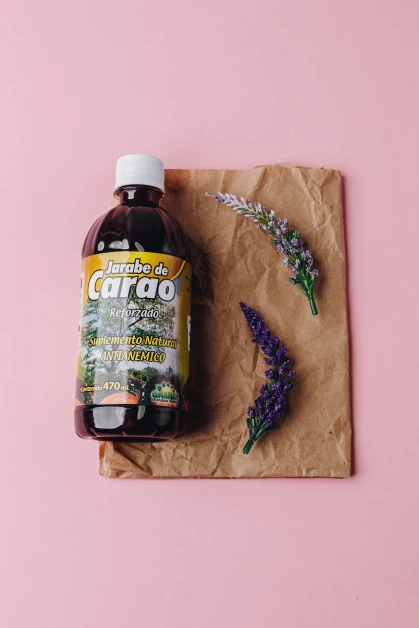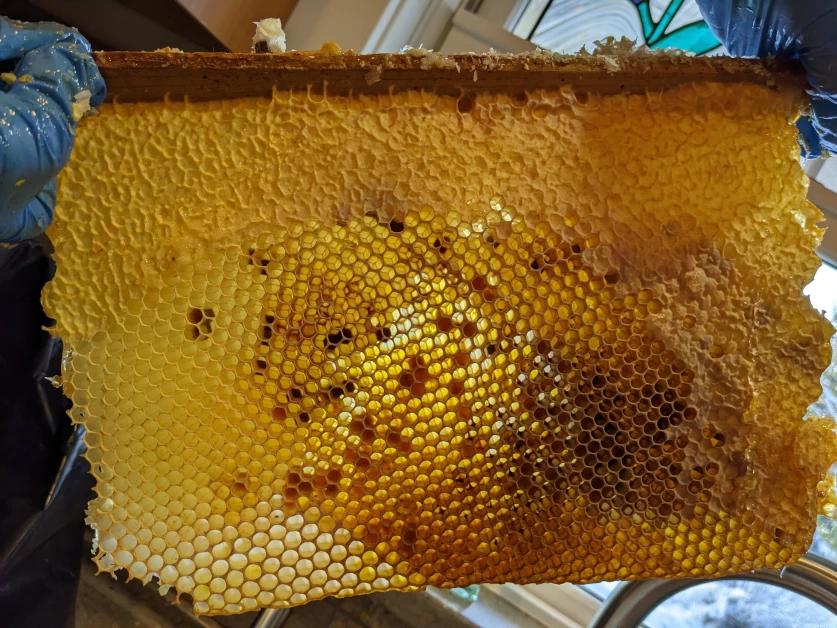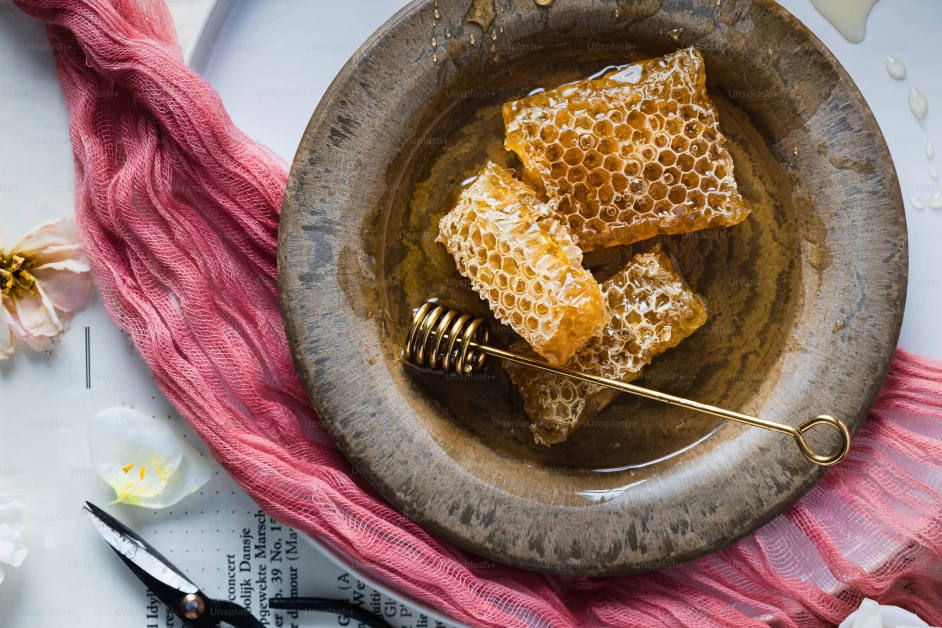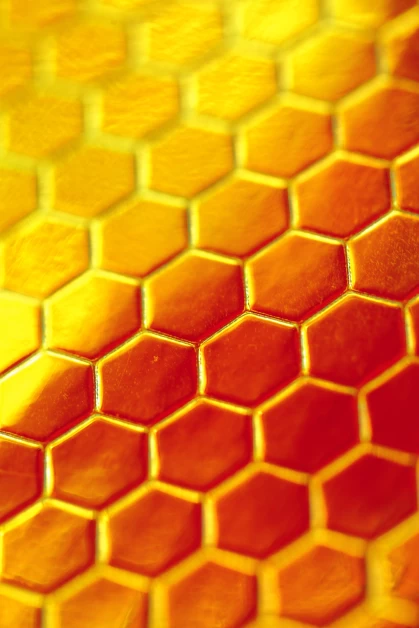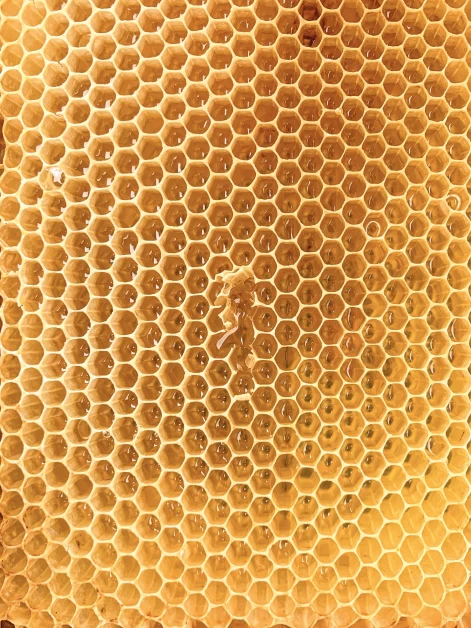Table of Contents
Introduction
Manuka honey has been used for centuries and has been touted for its potential medicinal benefits. In recent years, it has gained popularity in the skincare industry due to its anti-aging properties. This article will explore the unique qualities of manuka honey that make it a potential remedy for wrinkles and aging skin.
What Makes Manuka Honey Special?
Manuka honey is not your ordinary honey. It is derived from the nectar of the Manuka tree (Leptospermum scoparium), which is native to New Zealand. What sets it apart from other types of honey is its high concentration of methylglyoxal (MGO), a compound responsible for its unique antibacterial and antioxidant properties.
Antibacterial Properties
Manuka honey has long been known for its antibacterial properties. It contains an enzyme called glucose oxidase, which produces hydrogen peroxide when it comes into contact with bodily fluids. This hydrogen peroxide has antimicrobial effects and helps to inhibit the growth of bacteria on the skin.
Antioxidant Properties
In addition to its antibacterial properties, manuka honey is also rich in antioxidants. These antioxidants help to neutralize free radicals, which are unstable molecules that can cause damage to the skin cells. By reducing oxidative stress, manuka honey can help prevent premature aging and the formation of wrinkles.
Non-Peroxide Activity
One of the most intriguing aspects of manuka honey is its non-peroxide activity (NPA). Unlike other honeys, manuka honey retains its antibacterial properties even when the hydrogen peroxide is removed. This non-peroxide activity is believed to be due to the presence of MGO, which gives manuka honey its unique healing properties.
The Effects of Manuka Honey on Wrinkles
Research has shown that manuka honey may have several beneficial effects on wrinkles and aging skin. Here are some of the ways in which it may help:
Moisturization
Dry skin is more prone to wrinkles and fine lines. Manuka honey has humectant properties, meaning it can draw moisture into the skin and help it retain hydration. By keeping the skin moisturized, manuka honey can help reduce the appearance of wrinkles and promote a more youthful complexion.
Collagen Production
Collagen is a protein that plays a crucial role in maintaining the elasticity and firmness of the skin. As we age, collagen production naturally declines, leading to the formation of wrinkles. Manuka honey has been found to stimulate the production of collagen, which can help improve the skin’s elasticity and reduce the appearance of wrinkles.
Anti-Inflammatory Effects
Inflammation is a common cause of skin aging and can contribute to the formation of wrinkles. Manuka honey has anti-inflammatory properties that can help reduce redness, swelling, and irritation. By calming inflammation, manuka honey may help prevent the development of wrinkles and promote a more youthful complexion.
Antioxidant Protection
As mentioned earlier, manuka honey is rich in antioxidants. These antioxidants can help protect the skin from oxidative stress and damage caused by environmental factors such as UV radiation and pollution. By neutralizing free radicals, manuka honey can help prevent premature aging and the formation of wrinkles.
How to Use Manuka Honey for Wrinkles
To harness the potential benefits of manuka honey for wrinkles, it is important to choose a high-quality, authentic product. Look for manuka honey with a UMF (Unique Manuka Factor) rating, which indicates the concentration of MGO. A higher UMF rating is generally associated with more potent and effective honey.
Here’s a simple DIY facial mask recipe using manuka honey:
- Cleanse your face with a gentle cleanser.
- Apply a thin layer of manuka honey to your face, focusing on areas with wrinkles.
- Leave the honey on for 15-20 minutes.
- Rinse off with warm water and pat dry.
- Follow up with your favorite moisturizer.
For best results, use this mask 2-3 times a week. You can also incorporate manuka honey into your daily skincare routine by using it as a facial cleanser, toner, or spot treatment.
Precautions and Considerations
While manuka honey is generally safe for topical use, it is important to note a few precautions:
- Some individuals may be allergic to honey. Perform a patch test before using manuka honey on your face.
- Manuka honey is sticky and can be messy to use. Use a headband or hair tie to keep your hair away from your face during application.
- If you have sensitive skin, dilute the manuka honey with a carrier oil or mix it with other gentle ingredients to avoid irritation.
If you experience any adverse reactions or discomfort after using manuka honey, discontinue use and consult a dermatologist.
Conclusion
Manuka honey is a versatile and natural ingredient that shows promise in the realm of skincare, particularly in combating wrinkles and signs of aging. Its antibacterial, antioxidant, and moisturizing properties make it a potential remedy for maintaining a youthful complexion. However, further research is needed to fully understand the mechanisms behind its anti-aging effects. If you’re considering adding manuka honey to your skincare routine, consult with a healthcare professional or dermatologist to ensure it is suitable for your individual needs.
Remember, consistency is key when it comes to skincare. Incorporating manuka honey into your routine and maintaining a healthy lifestyle can help support your skin’s overall health and minimize the appearance of wrinkles. So why not give manuka honey a try and see if it can help you achieve a more youthful-looking complexion?
Bold tag: manuka honey for wrinkles

